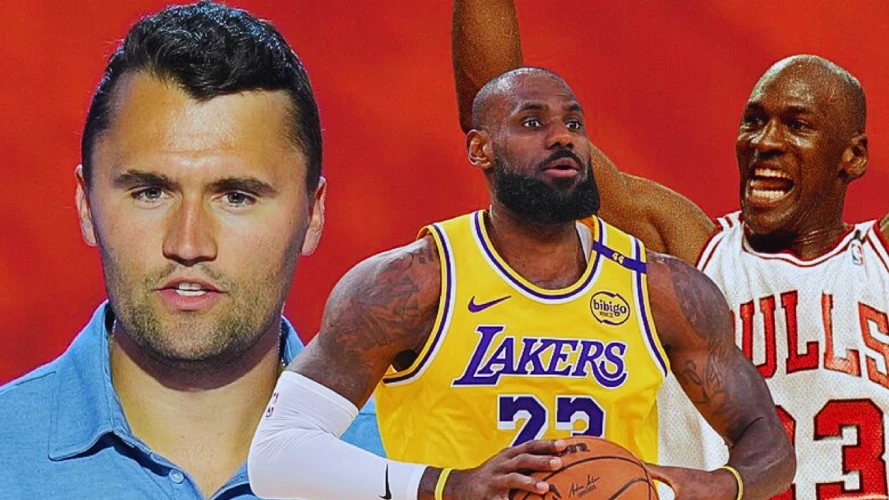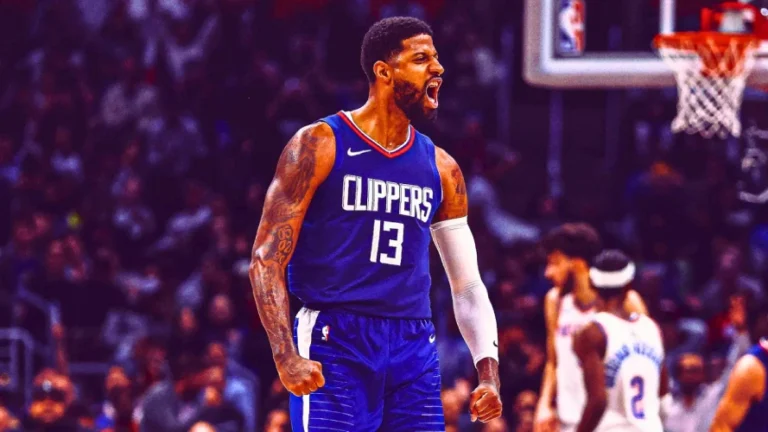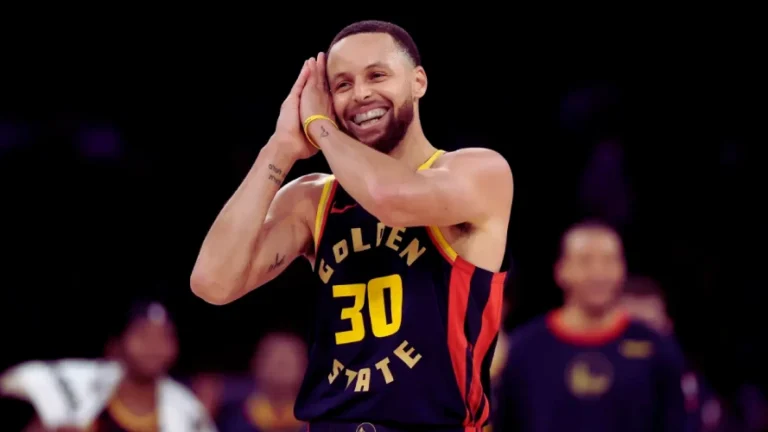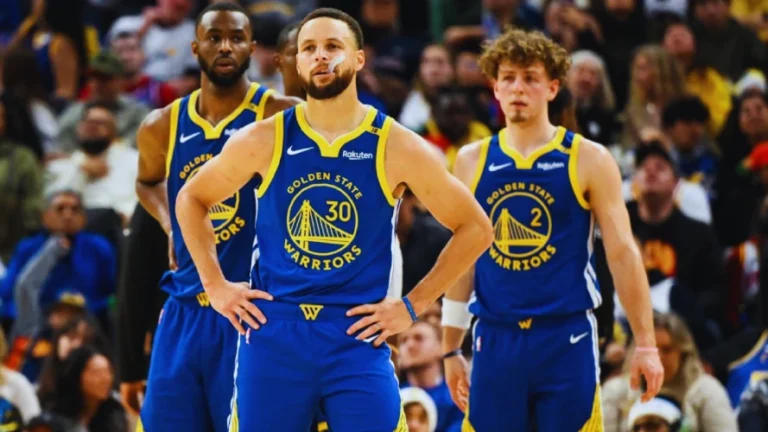Charlie Kirk’s name was most often associated with conservative politics, Turning Point USA, and his fierce presence in America’s cultural debates. Yet beyond the rallies, the podcasts, and the speeches, Kirk also carried with him a lifelong admiration for basketball a sport he often pointed to as both metaphor and inspiration. His assassination at Utah Valley University at the age of 31 cut short not only his political influence but also the voice of a man who believed the game could teach lessons about life, leadership, and winning.
A Life in Politics, Grounded in Competition
Kirk co-founded Turning Point USA as a teenager, transforming it into one of the most influential youth organizations in American politics. His rise was rapid. He became a regular guest on Fox News, a bestselling author, and a figure closely tied to former President Donald Trump. To his supporters, he was a bold truth-teller who inspired a generation. To his critics, he embodied the combative rhetoric that deepened America’s divides.
But behind the politics, Kirk often drew from basketball imagery. He spoke of Michael Jordan’s relentlessness, Kobe Bryant’s obsession with improvement, and LeBron James’s endurance as lessons that could be applied outside of the arena. In his speeches, basketball served as a bridge: a common language to explain perseverance, discipline, and legacy.
Basketball as a Mirror of Culture
For Kirk, basketball was not just a pastime. He viewed the NBA and the sport itself as a cultural powerhouse. At Turning Point conferences, he would compare the grind of a playoff series to the fight for influence in politics. “Basketball teaches you how to compete, how to lead, and how to push past limits,” he once remarked.
He frequently pointed to Jordan’s championships as proof of determination, admired Kobe’s “Mamba Mentality” as a blueprint for personal excellence, and, even when disagreeing with LeBron James’s politics, acknowledged his dominance and leadership. Kirk’s admiration reflected his belief that sports could inspire unity even in a fractured nation.
A Violent End
On September 10, 2025, Charlie Kirk’s speaking tour turned tragic. While taking questions at his “Prove Me Wrong” debating table, he was struck in the neck by a single rifle shot. The crowd of more than 3,000 panicked as he collapsed, with his wife and children in attendance.
Authorities later confirmed that a bolt-action rifle engraved with political messages had been recovered nearby. Investigators are pursuing a college-aged suspect. Utah Governor Spencer Cox called the incident “a political assassination,” while President Trump described it as “a dark moment for America.”
The killing has reignited debates over political violence, free speech, and the toxic climate of polarization.
Remembered Beyond Politics
Reactions poured in from across the world. Leaders from both parties condemned the violence, while international figures from Israel’s Benjamin Netanyahu to Brazil’s Eduardo Bolsonaro paid tribute to Kirk’s influence.
For all the statements about his politics, what remains less discussed is his role as a basketball supporter. His ability to frame political struggles in terms of competition and resilience came directly from his admiration of the sport. He saw in basketball not only entertainment but a living example of how persistence and teamwork create greatness.
A Legacy of Conflict and Passion
Charlie Kirk leaves behind a legacy that will be remembered for both its controversy and its conviction. His political positions divided Americans, but his admiration for basketball reflected a side of him that looked for inspiration in athletic greatness.
As tributes continue, one truth is clear: whether in politics or through the sport he admired, Charlie Kirk was driven by the belief that culture could be shaped by those who competed hardest. His life ended violently, but his impact both on the political stage and as a supporter of the game will continue to be debated, studied, and remembered.




